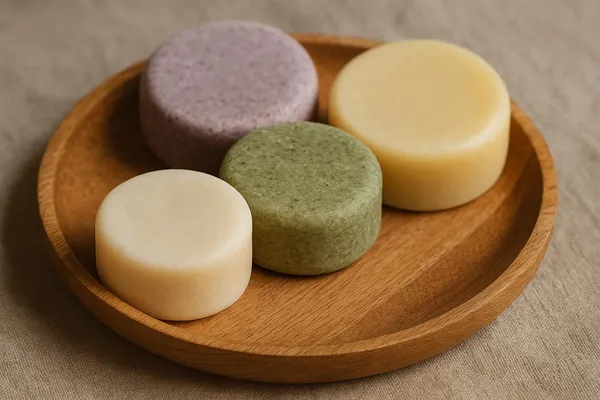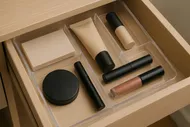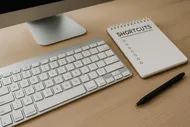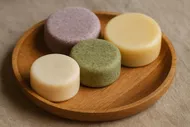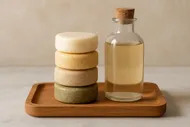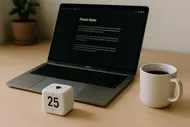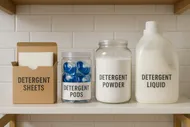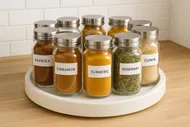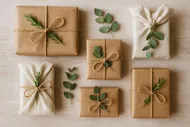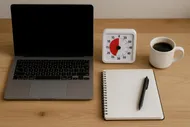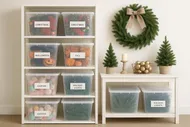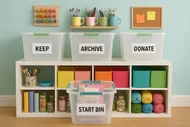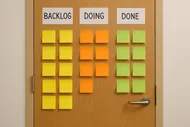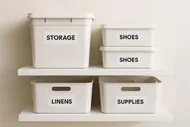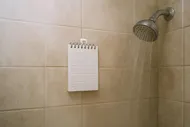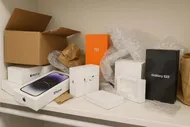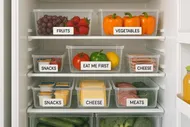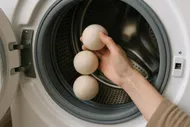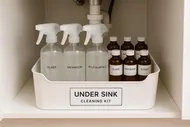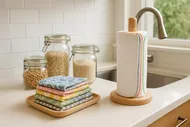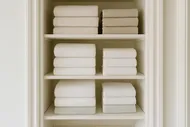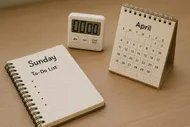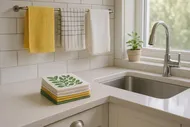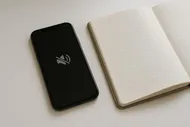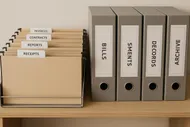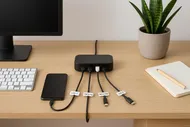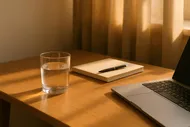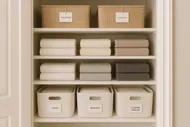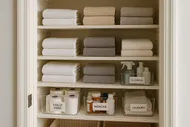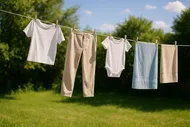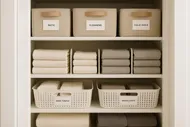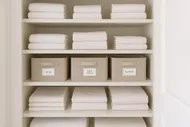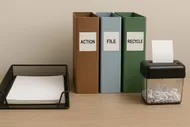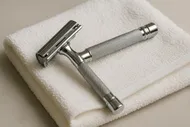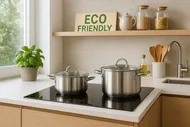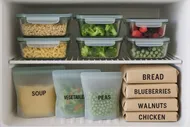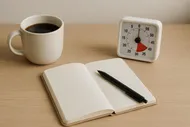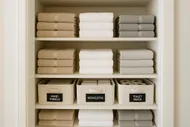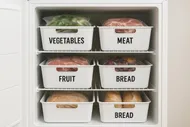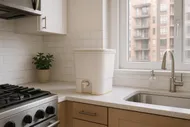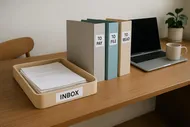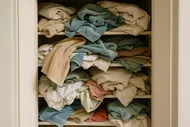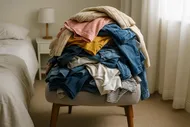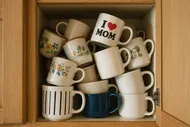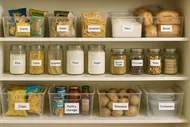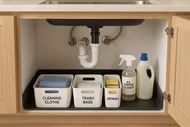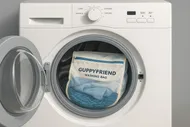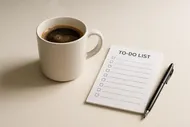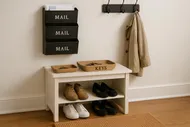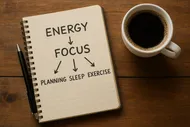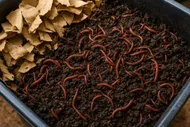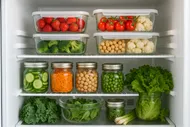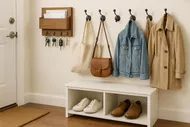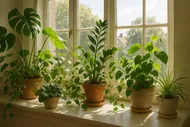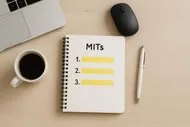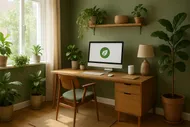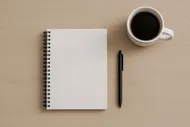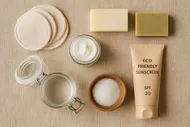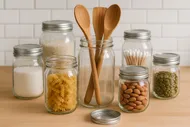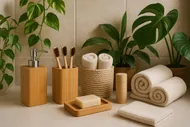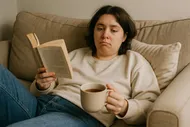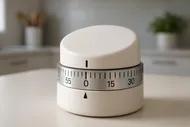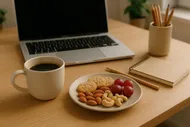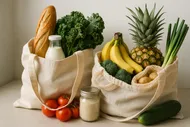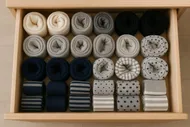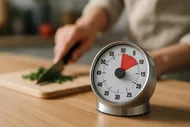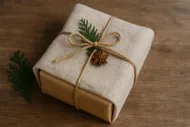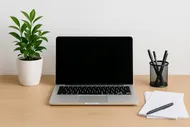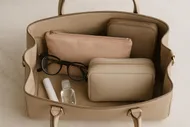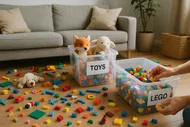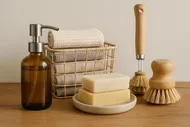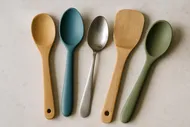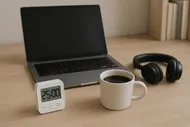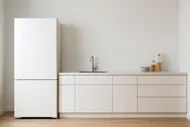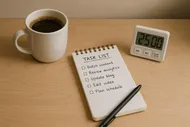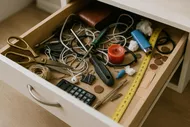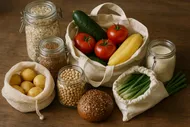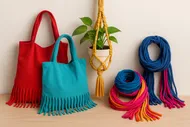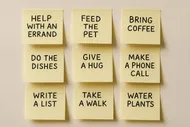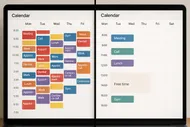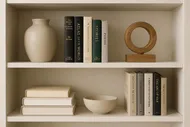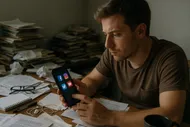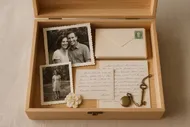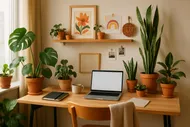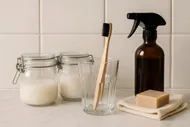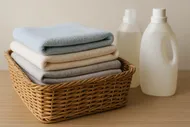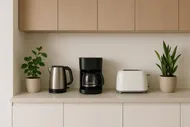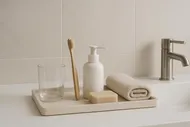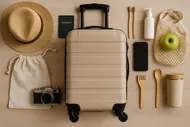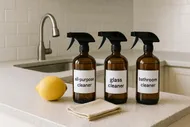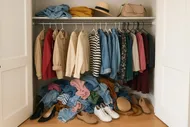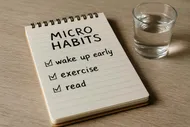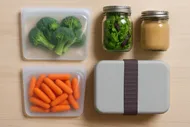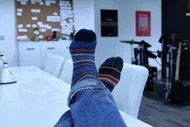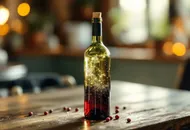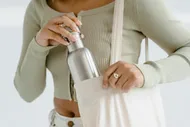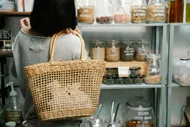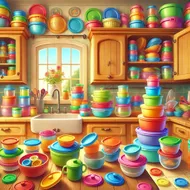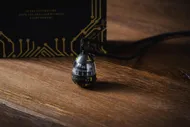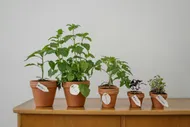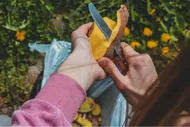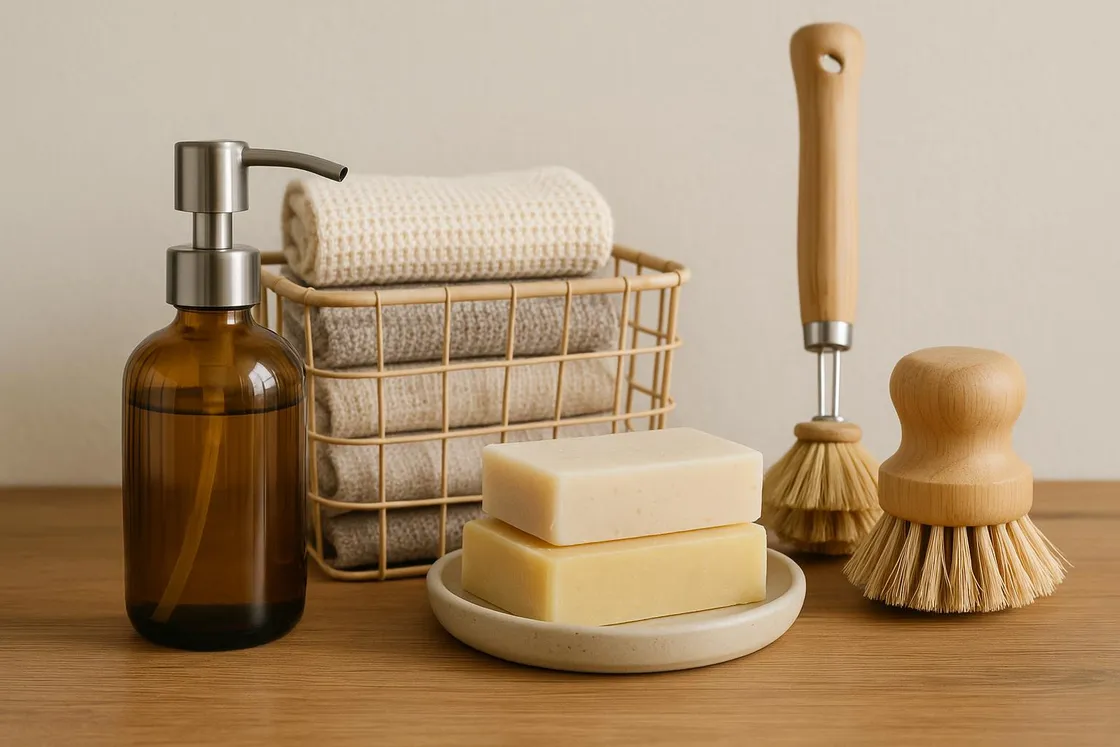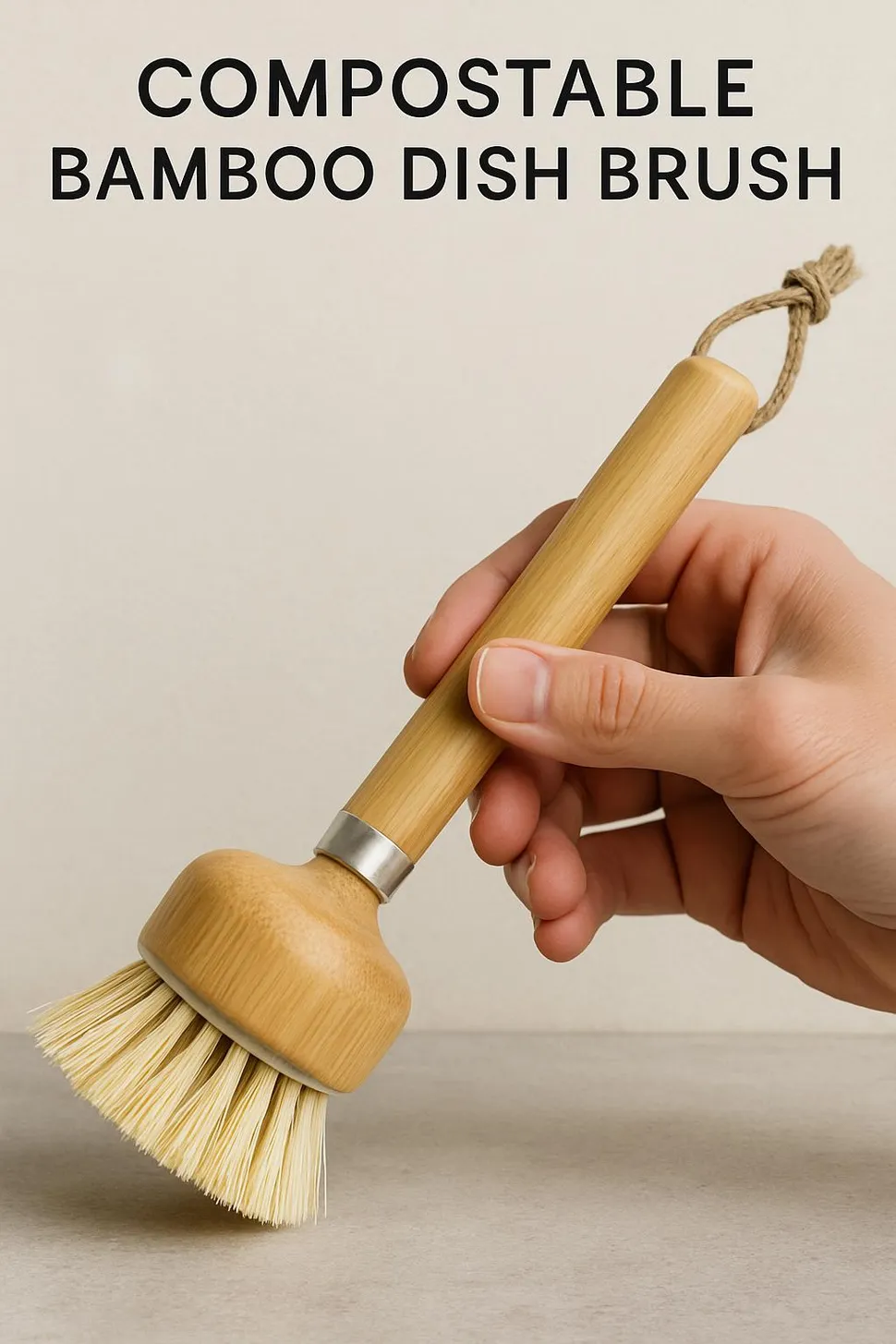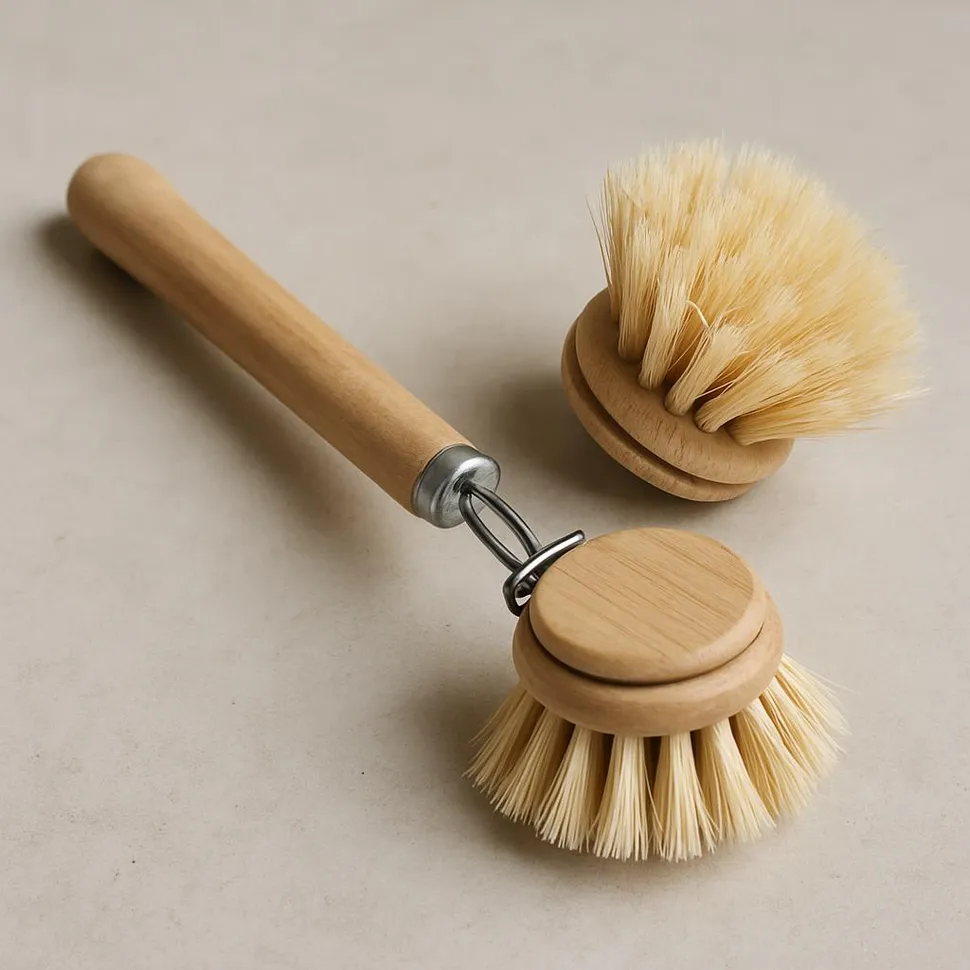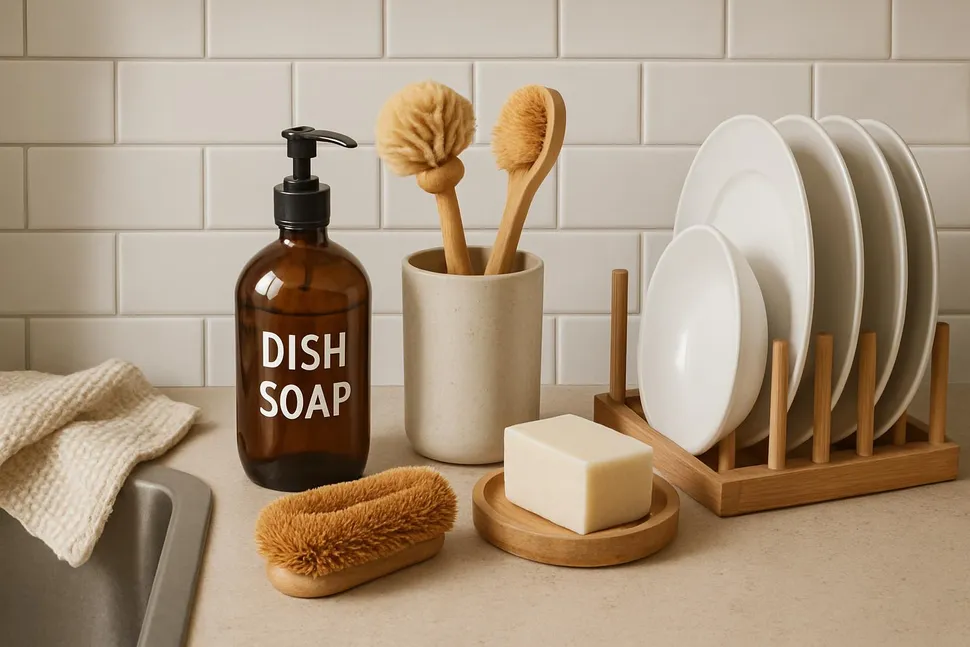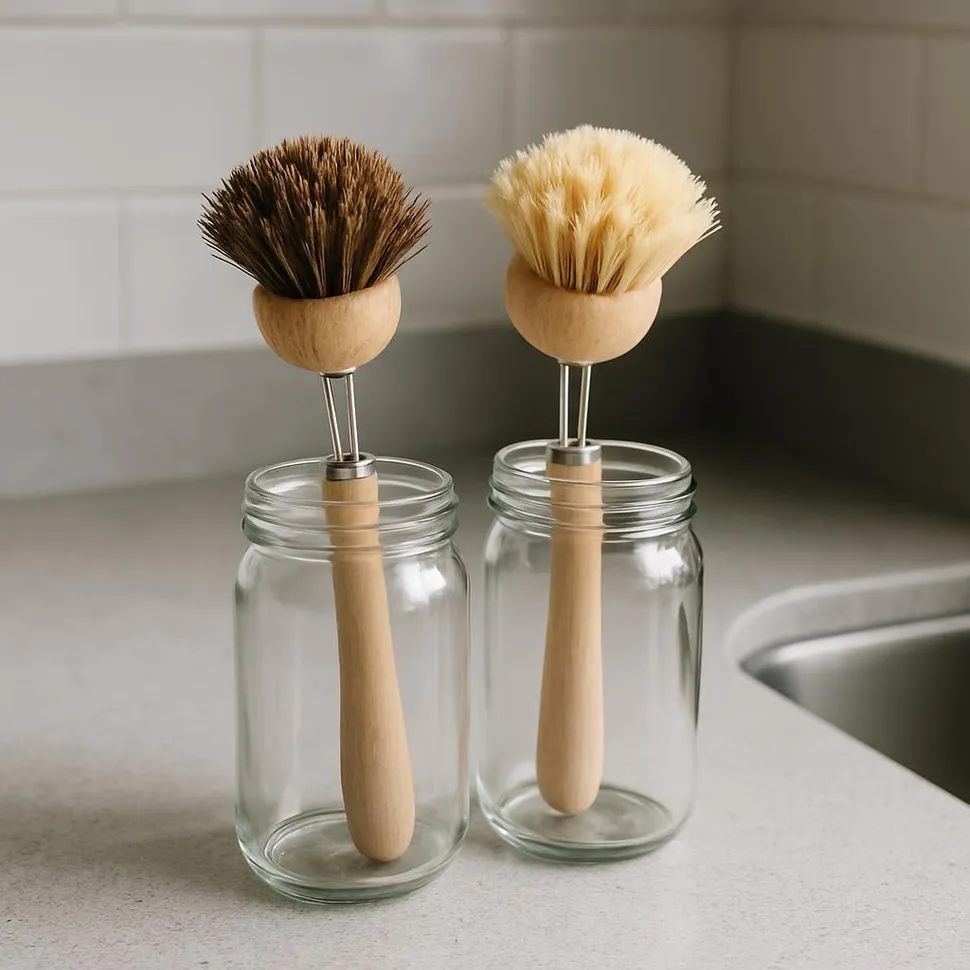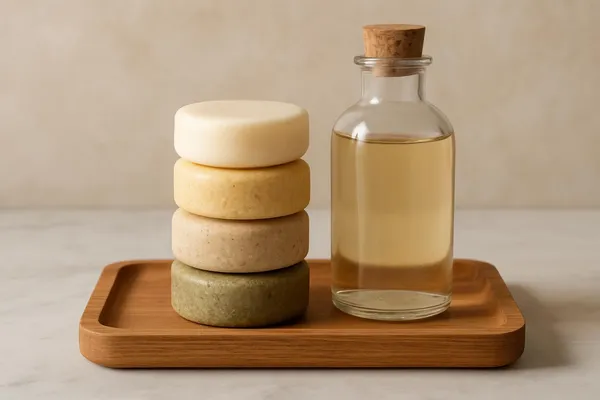Your sink might be squeaky clean, but if you’re scrubbing it with harsh chemical-laden detergents and disposable plastic scrubbers, your conscience might feel a little… crusty. Dishwashing doesn’t often make it onto the list of “fun sustainable habits,” but hear me out—it might just be one of the easiest ways to shrink your eco-footprint without major lifestyle gymnastics.
Today, we’re diving spoon-first into a greener dishwashing routine that’s as good for the planet as it is for your kitchen vibes.
Let’s Talk Dirty: Why Traditional Dishwashing Comes Up Short
Conventional dish soaps are often packed with unpronounceable chemicals, synthetic fragrances, and dyes—not to mention that enormous line of plastic bottles standing like sentinels around your sink. Then there are the plastic-bristled brushes, disposable sponges wrapped in plastic, and cascading gallons of hot water with every rinse.
These seemingly small habits add up: globally, dish soap packaging contributes to plastic pollution, while high water use strains household sustainability. But good news! You don’t need a total kitchen overhaul; just a few swaps can scrub away a lot of that waste.
💦Did you know?
It takes between 9 and 27 gallons of water to wash dishes by hand compared to about 3-5 gallons per load using an efficient dishwasher—provided you don’t pre-rinse!
Small Habit, Big Impact: Easy Eco-Friendly Dishwashing Swaps
Let’s transform your dishwashing routine with some stylish and sustainable sidekicks.
1. Ditch Plastic Brushes for Compostable Ones
Bamboo-handled brushes with replaceable, biodegradable heads are a great start. They’re effective, sleek, and once you’re done—you can pop that scrubby head into the compost bin.
A few great picks:
2. Swap Sponges for Long-Lasting Alternatives
Loofah sponges or Swedish dishcloths are biodegradable champs! Loofahs come from a plant (yes, that loofah!), while Swedish dishcloths combine cellulose and cotton and can last for months—they’re washable and compostable.
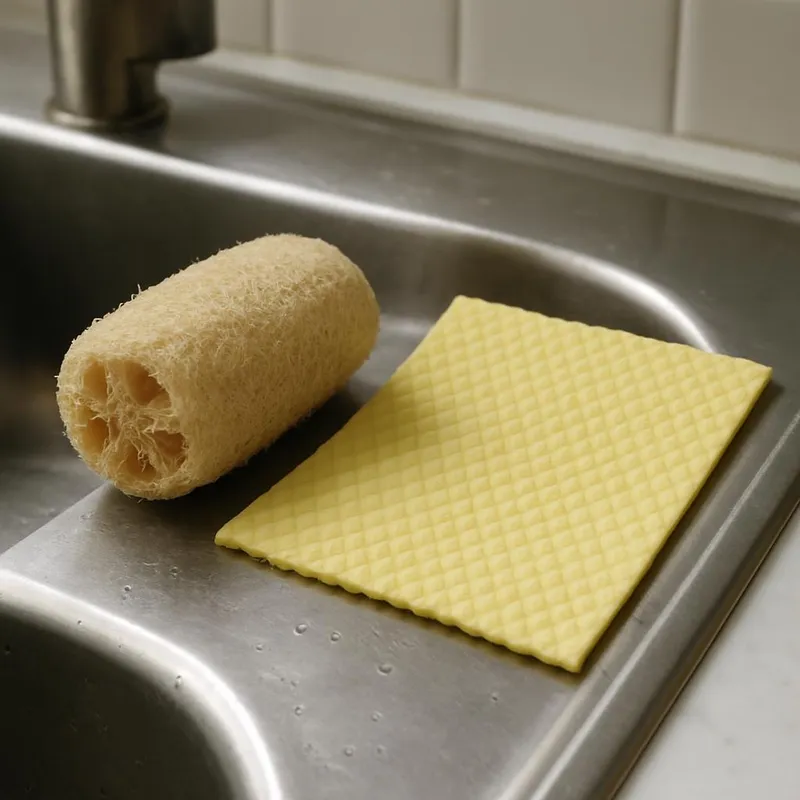
Wash them weekly, let them dry between uses, and after a good few months of service? Into the compost they go. Zero waste. Full satisfaction.
3. Say Goodbye to Squeezy Plastic Bottles
There’s something truly satisfying about ditching that neon blue plastic bottle on your sink edge. Try one of these kitchen game-changers instead:
- Solid dish soap bars: Usually packaged in paper or cardboard, these bars mean zero plastic—and they last ages.
- Concentrated refills: Eco brands now offer concentrates shipped in tiny packets. Mix them with water at home, and you’ve got a full bottle—no plastic waste!
Try:
🧼Pro Tip
Pair your solid bar with a bamboo soap tray or ceramic holder to keep it dry and extend its life. Bonus: it looks cute.
4. Use a Dishwasher? Make It Even Greener
Dishwashers can be more eco-friendly than handwashing—but only if you use them smartly:
- Run full loads only
- Avoid pre-rinsing (modern dishwashers don’t need it)
- Try eco-friendly detergent pods or tablets in recyclable or compostable packaging
You might also enjoy our deep dive into Eco-Friendly Laundry Hacks: Save Money and the Planet, which shares tips that complement your overall low-impact cleaning game.
Rinse Smarter, Not Harder
Even your rinsing habits can get an upgrade:
- Turn off the tap while scrubbing—you’ll save gallons.
- Use a wash basin to create a two-step clean-rinse process.
- Install a faucet aerator—a small device that mixes air with your water flow, cutting use without killing pressure.
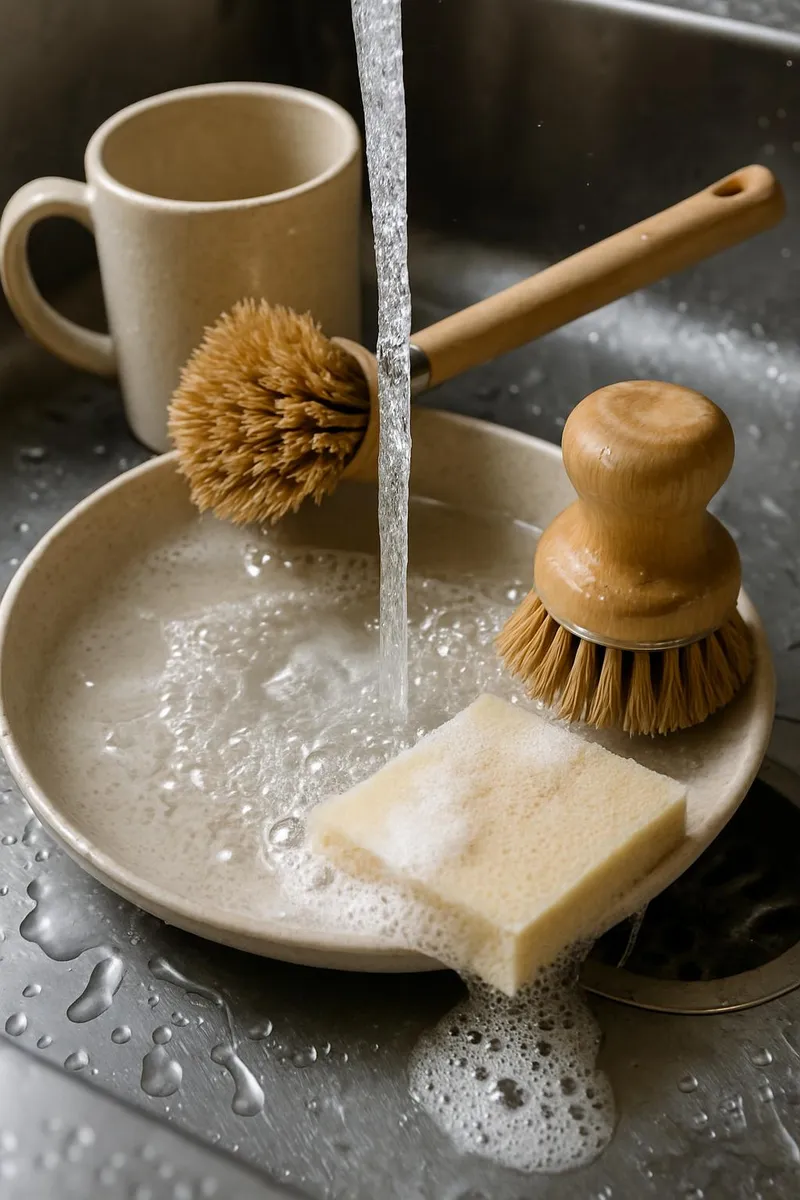
🚰Still rinsing with scorching hot water? Try lukewarm or cool when possible—it’s gentler on your energy bill and your hands.
Beware of Greenwashing
Not all “green” products are truly green—some brands slap leaves and earth tones on packaging without making real sustainability improvements. Look for:
- Third-party certifications: USDA Organic, EWG Verified, EcoCert
- Ingredient transparency
- Minimal and recyclable or compostable packaging
Whenever possible, support small eco-brands—or even make it yourself! Check out Greener Clean: DIY Eco-Friendly Cleaning Products for Every Room for simple detergent recipes you can whip up in your kitchen.
Easy DIY Dish Soap Recipe
Want to DIY your dishwashing soap?
What you’ll need:
- 1/2 cup Castile soap
- 1/4 cup distilled water
- 1 tsp baking soda
- 10-15 drops essential oils (like lemon or tea tree for sparkle and antibacterial power)
Mix, shake, and store in a reusable bottle or jar. Voilà!
Bonus: Make Dishwashing Feel Less Like a Chore
A little music, a candle, or even a soft side lamp can make post-dinner cleanup feel like a spa ritual—OK, maybe a mini spa ritual. Here’s an inspiring idea: create a calming dishwashing corner with your eco-tools neatly organized in a caddy or tray. Try:
- A pretty little bowl to hold solid soap
- A small dish for scrubbers
- A glass jar for cloths
It transforms your counter from chaos to curated.
Joy is not in things, it is in us—but a compostable dish brush doesn't hurt.
Chloe Greenfield
Ready to Greener Your Suds Game?
Here’s your gentle nudge to choose just one swap from this post this week. Whether it’s replacing your sponge, upgrading to a dish soap bar, or cutting the faucet mid-scrub—you’re making a real difference, one dish at a time.
✨ Tag us on Instagram with your eco-dish setup using #mysimplelife and inspire others to clean greener.
Because even when life gets messy, our dish habits can stay squeaky sustainable.
